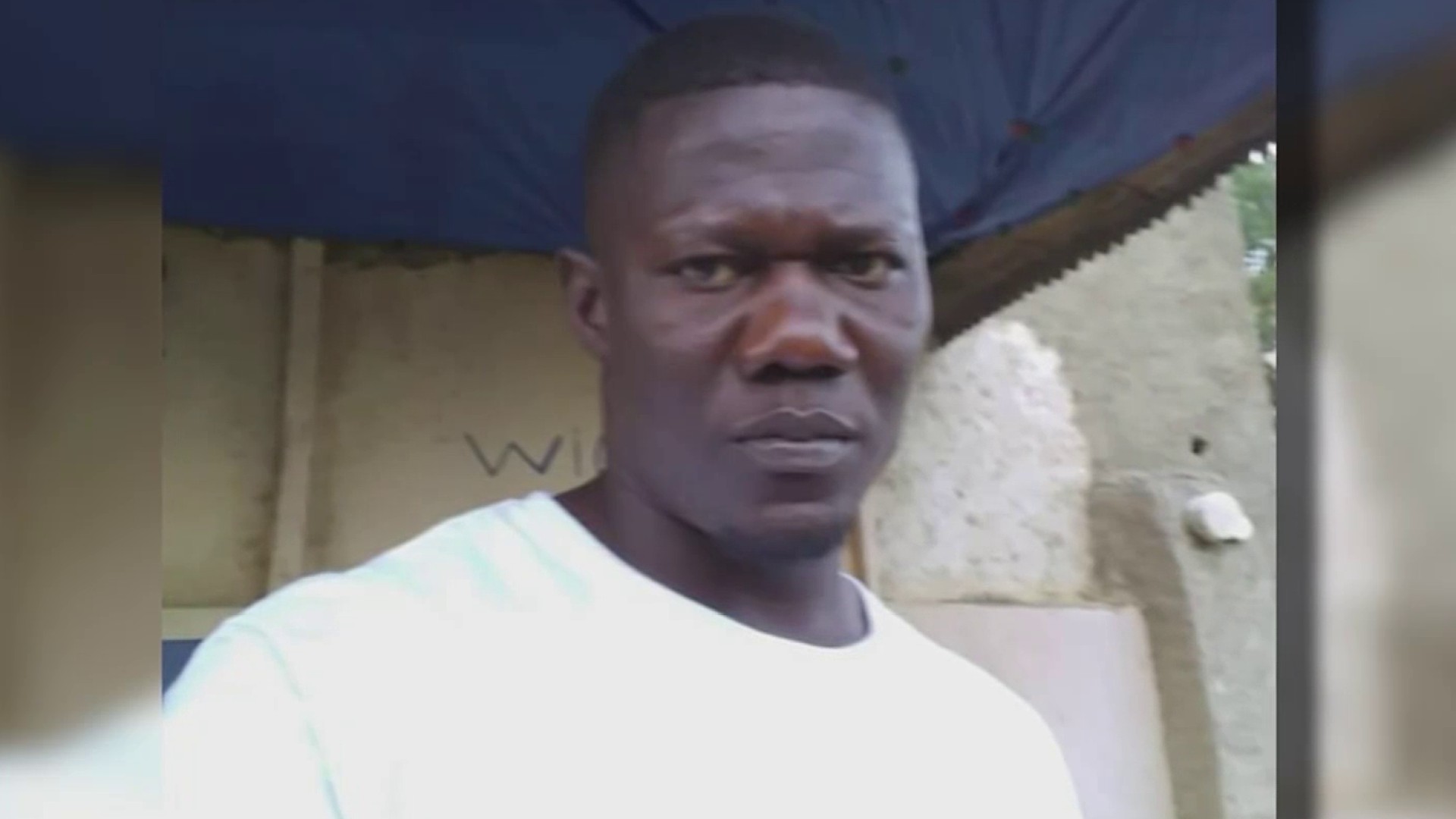Roughly 140,000 Floridians signed up for the new federal health insurance program last month. That's nearly eight times the 18,000 others who signed up in October and November combined, according to figures released Monday.
Of the 158,030 enrollments thus far, about 55 percent were women and 45 percent were men. Roughly 20 percent fell into the crucial 18- to 34-years-old demographic and about 60 percent were between 45 and 64 years old. And 83 percent of those who purchased plans qualified for a tax credit, according to enrollment statistics from the Health and Human Services Department.
Florida continues to lead enrollment efforts among the three dozen states relying on the federally run marketplace rolled out under the Affordable Care Act. Florida's 158,030 enrollees compares to 118,532 in Texas. Nationwide, nearly 2.2 million have selected a plan.
December figures are much higher than the previous months' enrollment, which was plagued by technical glitches from HealthCare.gov. But it was still far less than what officials had originally projected for Florida and nationwide.
Federal health officials said during a conference call with the media that they expect the numbers to climb in coming months, with a likely surge closer to the March enrollment deadline.
The Obama administration projected 7 million consumers would sign up for coverage during the first year, including about 477,000 in Florida.
Young healthy adults are among the most important group targeted by federal health officials' outreach efforts, prized by insurers in the marketplace to offset the costs of paying for older, sicker consumers.
Stacy Sylvain a 19-year-old college student in Miami, was one of last month's late signups online. In roughly one hour, the part-time waitress signed up for a plan with a $158 monthly premium with the feds kicking in $48. She has a $2,500 deductible.
"Many people have a preconceived notion that young people are healthy and don't need to go to the doctor," said Sylvain, who suffered a minor injury when she fell and hit her head during an indoor soccer class in 2012. "Not having to worry about being uninsured and the what-ifs has made an incredible impact on my life."
Local
It's unclear what percentage of so-called "young invincibles" the government needs to balance out the risk pool. Federal health officials said Monday the figures suggested an appropriate mix, but noted they're only halfway through the open enrollment period.
"We expect that a number of young healthy individuals may wait until the very end to sign up," said Julie Bataille, communications director for the Centers for Medicare and Medicaid Services.
The mid-tier silver plans were the most popular choice among consumers with 60 percent choosing such plans nationally and 57 percent in Florida. Platinum plans were the next most popular choice, accounting for 17 percent in Florida, according to figures from HHS.
Monday's enrollment data did not break out demographics by race. Applicants are not required to give that information.
But federal health officials said they're planning to ramp up outreach to Hispanics, a disproportionately uninsured group, after they've worked out kinks in the Spanish-language website. Some groups have complained of sloppy translations and say CuidadoDeSalud.gov moves more slowly than its English counterpart.
Anecdotal evidence suggests Latinos could be lagging their peers because of confusion about subsidies, cumbersome requirements for naturalization documents and fears they could unwittingly identify relatives in the country illegally.
An estimated 1.3 million Hispanic Floridians lack health insurance, according to the Kaiser Family Foundation, a nonprofit that studies health care issues. That's about one-third of the roughly 3.5 million uninsured people in Florida.
The Epilepsy Foundation of Florida, which received a federal grant, has been flooded with Hispanics seeking in-person assistance at its Miami headquarters. But enrollment counselors there said the federal government's website frequently asks for residency and naturalization papers from Hispanic applicants, which can stall the process for weeks if they are mailed in.
Yolanda Madrid, a 52-year-old housekeeper living in Miami, hasn't been able to afford health insurance until now. With the help of a counselor, Madrid learned last week that she qualifies for a tax credit. She hasn't signed up for a plan yet and is still narrowing down her choice, which includes one offering no monthly premium and a very low deductible. She initially tried to sign up for a plan through the federal government's Spanish-language hotline, but the operator couldn't find the application they'd helped her fill out before, so she decided to get help in person last week.
"Now I have more options to choose from that are affordable so I'm happy," she said.



